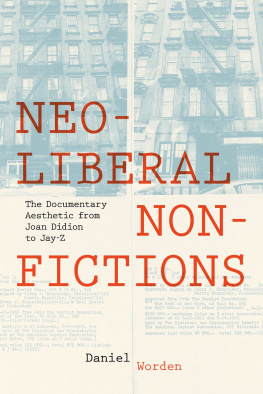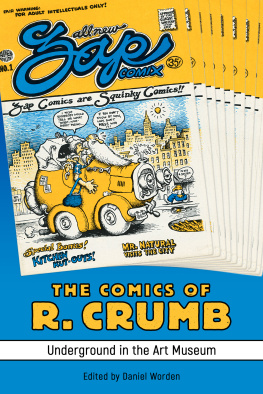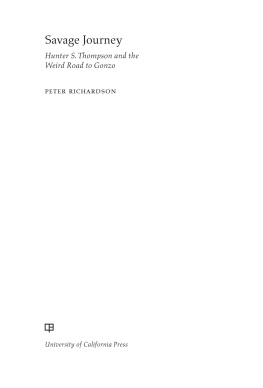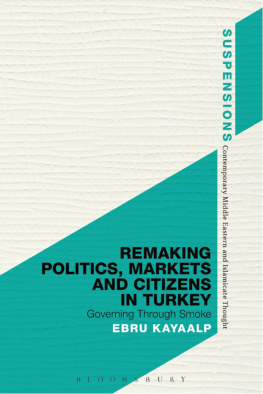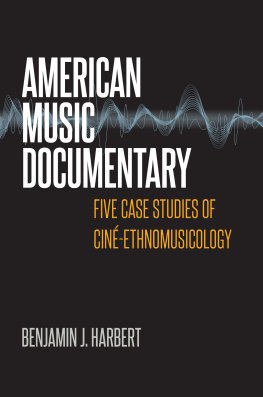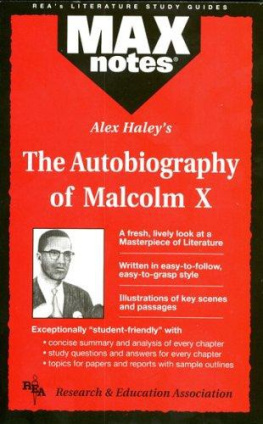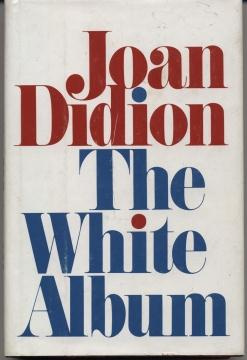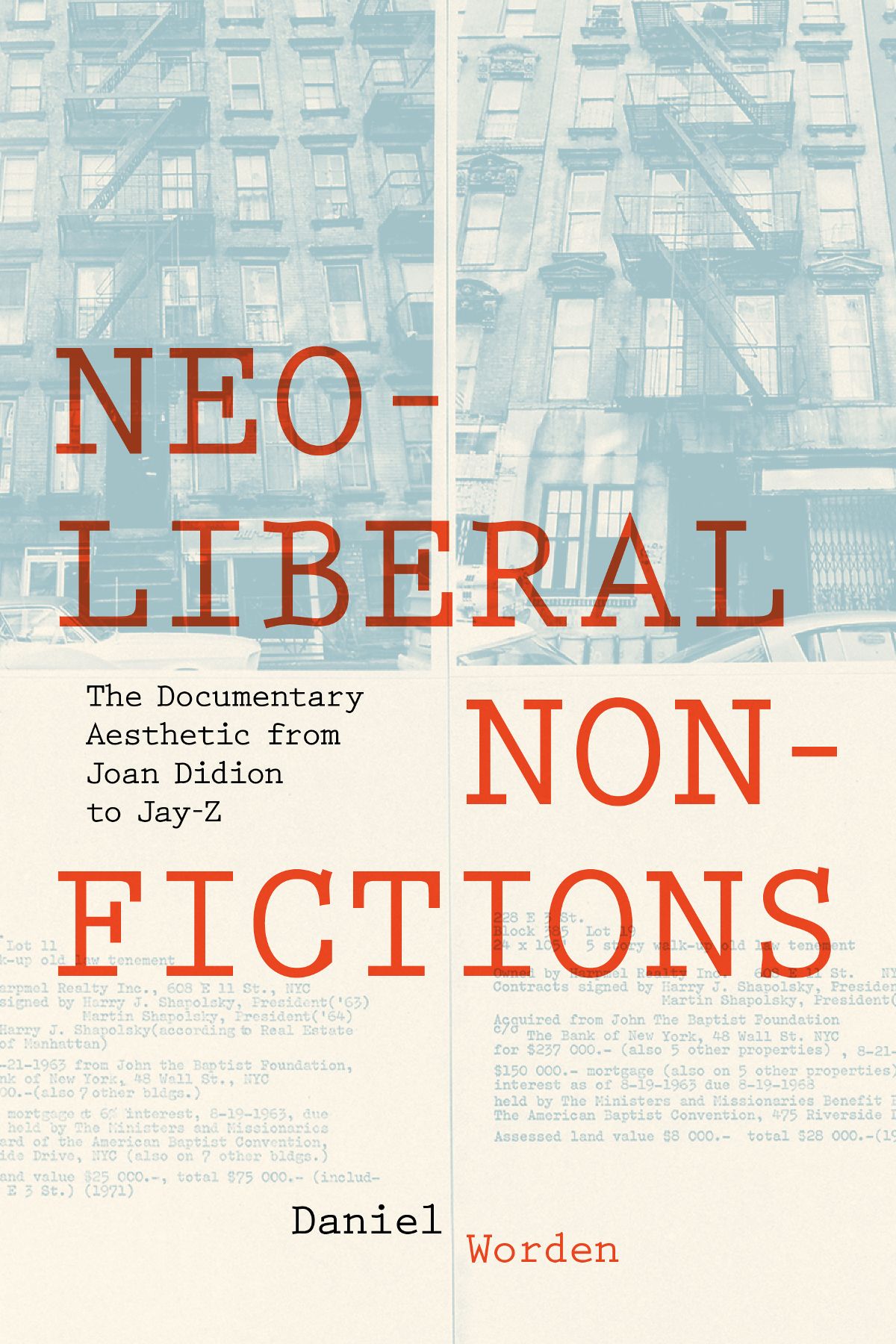
Neoliberal Nonfictions
Cultural Frames, Framing Culture
Robert Newman, Editor
Justin Neuman, Associate Editor
Neoliberal Nonfictions
The Documentary Aesthetic from Joan Didion to Jay-Z
Daniel Worden
University of Virginia Press
Charlottesville and London
University of Virginia Press
2020 by the Rector and Visitors of the University of Virginia
All rights reserved
Library of Congress Cataloging-in-Publication Data
Names: Worden, Daniel, 1978 author.
Title: Neoliberal nonfictions : the documentary aesthetic from Joan Didion to Jay-Z / Daniel Worden.
Description: Charlottesville : University of Virginia Press, 2020. | Series: Cultural frames, framing culture | Includes bibliographical references and index.
Identifiers: LCCN 2019044485 (print) | LCCN 2019044486 (ebook) | ISBN 9780813944159 (hardcover) | ISBN 9780813944166 (paperback) | ISBN 9780813944173 (epub)
Subjects: LCSH: Documentary mass media and the artsUnited States. | Neoliberalism in popular cultureUnited States.
Classification: LCC NX180.D63 W67 2020 (print) | LCC NX180.D63 (ebook) | DDC 302.23dc23
LC record available at https://lccn.loc.gov/2019044485
LC ebook record available at https://lccn.loc.gov/2019044486
Cover art: Detail from Shapolsky et al. Manhattan Real Estate Holdings, a Real-Time Social System, as of May 1, 1971, Hans Haacke, 1971. ( Hans Haacke/Artists Rights Society (ARS), New York/VG Bild-Kunst, Bonn; courtesy the artist and Paula Cooper Gallery, New York)
The choice of the documentary medium is as gravely distinct a choice as the choice of poetry instead of fiction.
John Grierson, First Principles of Documentary
We have, it seems to me, a very curious sense of realityor, rather, perhaps, I should say, a striking sense of irreality.
James Baldwin, Nothing Personal
Contents
Work on this book was supported by the School of Individualized Study and the College of Liberal Arts at the Rochester Institute of Technology, a Dorot Foundation Fellowship from the Harry Ransom Center at the University of Texas at Austin, a Faculty Assembly Womens Committee Grant from the University of Colorado at Colorado Springs, and a Research Allocations Committee Grant from the University of New Mexico. Thanks to the Harry Ransom Center, the New York Public Librarys Manuscripts and Rare Books Division, and the Schomburg Center for Research in Black Cultures Manuscript, Rare Books, and Archives Division, the collections of which were crucial to my thinking and this book.
I owe many thanks to the people who allowed me to test out some of this material in public. Special thanks to Carleton Universitys speaker series on the production of literature for a really invigorating experience. Thanks also to fellow panelists, respondents, and audience members at meetings of the American Comparative Literature Association, the American Literature Association, the American Studies Association, the Association for the Study of the Arts of the Present, the Marxist Literary Group, the Modern Language Association, the Norman Mailer Society, and the Petrocultures Research Group. Those experiences were invaluable.
Along with those groups, I also benefited immensely from the National Endowment for the Humanities seminar Magazine Modernism, organized by Sean Latham at the University of Tulsa; the National Endowment for the Humanities institute City of Print: New York and the Periodical Press, organized by Mark Noonan at the New York City College of Technology (CUNY); and a National Humanities Center summer institute in literary studies, organized by Walter Benn Michaels. These experiences, the ideas generated during them, and the friendships that have continued from them have been crucial to my thinking.
I worked on this book at a few different institutions, and I am especially happy that I was able to finish it in the School of Individualized Study and the College of Liberal Arts at the Rochester Institute of Technology. Thanks to James C. Hall for giving me a place to work that fits, and thanks to Therese Mulligan and Sharon Beckford-Foster for their support. Thanks, as well, to everyone at SOIS and RITs Department of English for making me feel at home, and thanks to my many wonderful colleagues at RIT and in Rochester.
I owe special notes of thanks to the following people, who have provided a community of thinkers and friends that is more than I could have hoped for. You have each made this book better. Thanks to Jesse Alemn, Jennifer Ashton, David M. Ball, Ross Barrett, Bart Beaty, Alexander Beecroft, Brent Ryan Bellamy, Sara Blair, Margot Bouman, Steve Brauer, Christopher Breu, Sarah Brouillette, Nicholas Brown, Max Brzezinski, Joel Burges, Tom Cerasulo, Hillary Chute, Michael W. Clune, Sam Cohen, Danielle Coriale, Todd Cronan, Jeff Diamanti, Jeff Drouin, Sari Edelstein, Cristie Ellis, Joseph Entin, Leigh Gilmore, Jason Gladstone, David Greven, Gary Harrison, Brooks Hefner, Andrew Hoberek, Melissa Homestead, Mitchum Huehls, Caren Irr, Holly Jackson, Eva-Lynn Jagoe, Joseph Jeon, Brian Johnson, Catherine Keyser, Sean Latham, Graeme Macdonald, Ted Martin, Adam McKible, Walter Benn Michaels, Alan Nadel, Mathias Nilges, Mark Noonan, Franny Nudelman, Kirsten Bartholomew Ortega, Charles Palermo, Mikel Parent, Nancy Pedri, Joan Saab, Emilio Sauri, Tim Scheie, Ben Schreier, Jesse Schwartz, Jeff Severs, Chip Sheffield, Lisa Siraganian, Rachel Greenwald Smith, Min Hyoung Song, Janet Stewart, Dan Stout, Imre Szeman, Lisa Uddin, Melina Vizcaino-Alemn, Kathleen Washburn, Jennifer Wenzel, Benjamin Widiss, Maria Windell, Nicolas Witschi, Benjamin Woo, and Alex Young. Many thanks, as well, to Eric Brandt, Helen Chandler, and Morgan Myers at the University of Virginia Press, series editors Justin Neuman and Robert Newman, and this manuscripts thoughtful peer reviewers for making this a better book.
Earlier versions of some parts of this book appeared in journals and edited volumes, and I am grateful for the guidance of the book and journal editors. Chapter 2 is derived in part from Amnesiac Fugue: Didions Style and Neoliberal America and my contribution to On Joan Didion: An Introduction in A/B: Auto/Biography Studies 31.3 (2016), the Autobiography Society, available online at https://www.tandfonline.com. An earlier version of chapter 3 appeared as Neoliberal Style: Alex Haley, Hunter S. Thompson, and Countercultures in American Literature 87.4 (2015), Duke University Press. Earlier versions of chapter 5 and the conclusion appeared, respectively, in Neoliberalism and Contemporary Literary Culture, edited by Mitchum Huehls and Rachel Greenwald Smith (Johns Hopkins University Press, 2017) and in Remaking Reality: U.S. Documentary Culture after 1945, edited by Sara Blair, Joseph B. Entin, and Franny Nudelman (University of North Carolina Press, 2018).
I appreciate the support and assistance of the Paula Cooper Gallery, the Fraenkel Gallery, Sarah Glidden, Jessamyn Lovell, A. Laurie Palmer, Penguin Random House, Ed Piskor, the Saturday Evening Post Society, the Allan Sekula Studio, Taryn Simon Projects, the Jeff Wall Studio, and the Wylie Agency in securing image and text permissions, so that this book can be illustrated with work in the documentary aesthetic.
Lastly, thanks to Catherine Zuromskis and Clementine, who are the whole deal. Thanks, too, to my family: Katharine Croke, John Vennema, and Peter; Diane and Peter Vennema; Cory, Jessalynn, and Quinn Worden; Dan and Brenda Worden; and the Captain, Peter Zuromskis.
Next page
